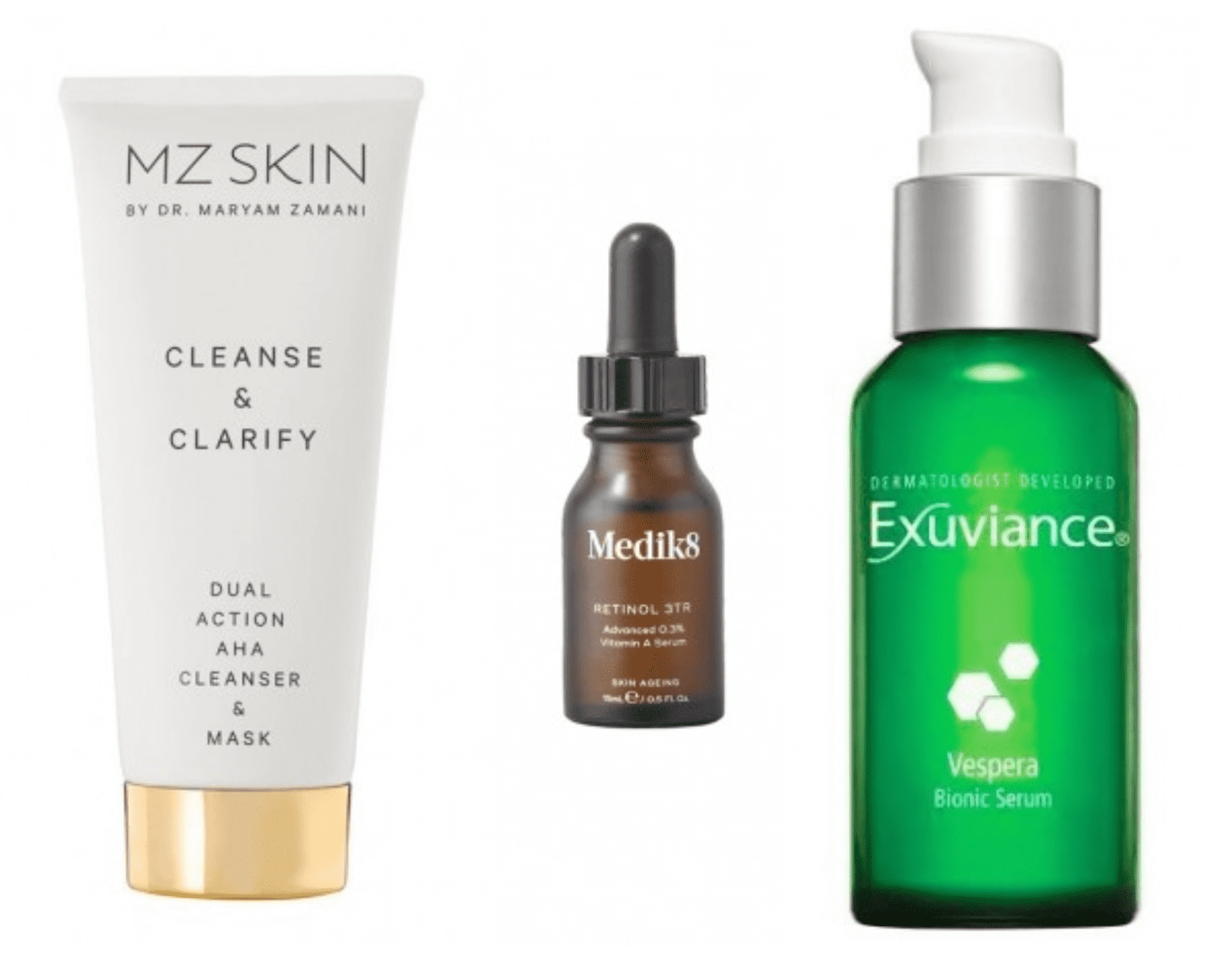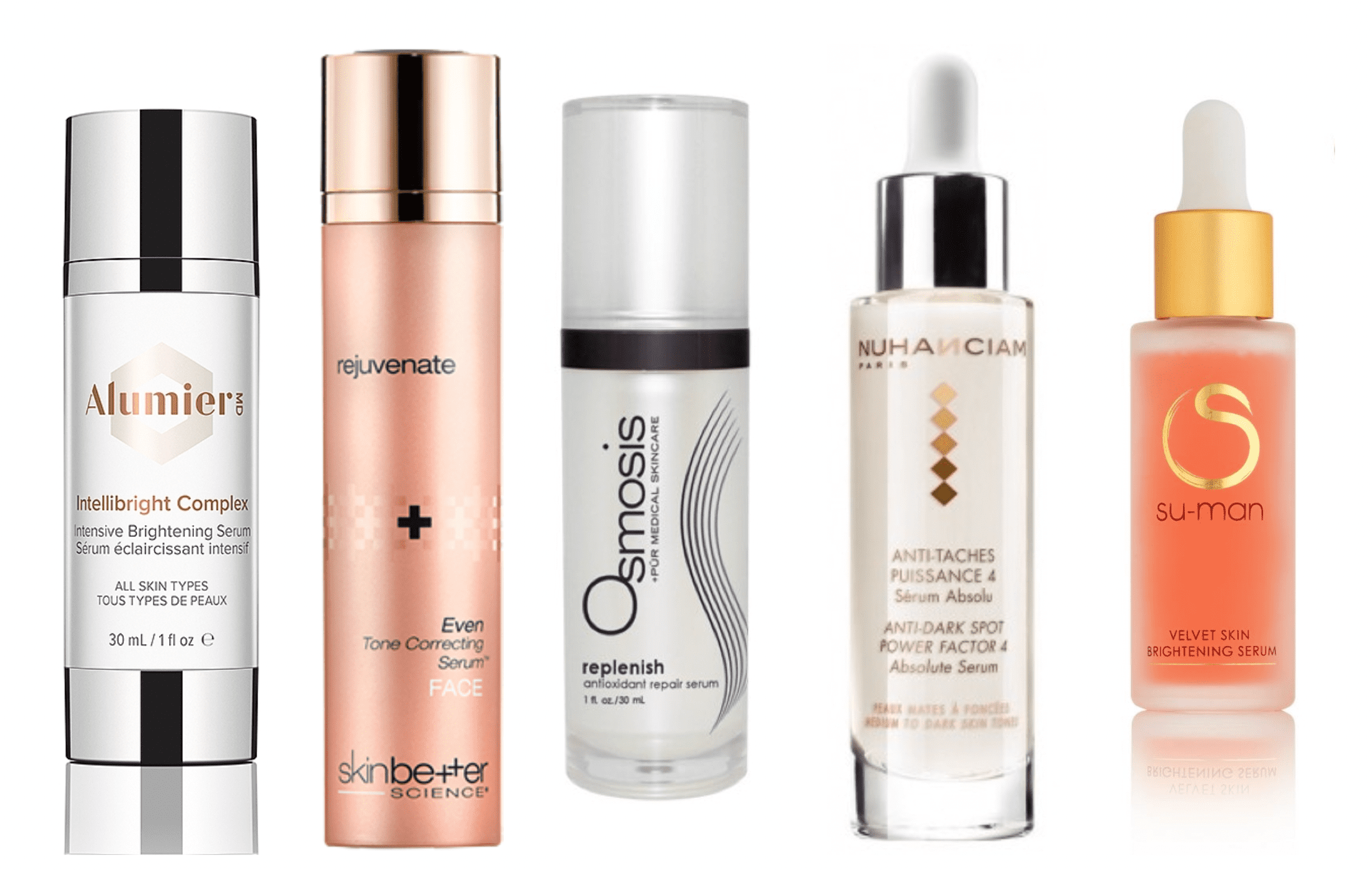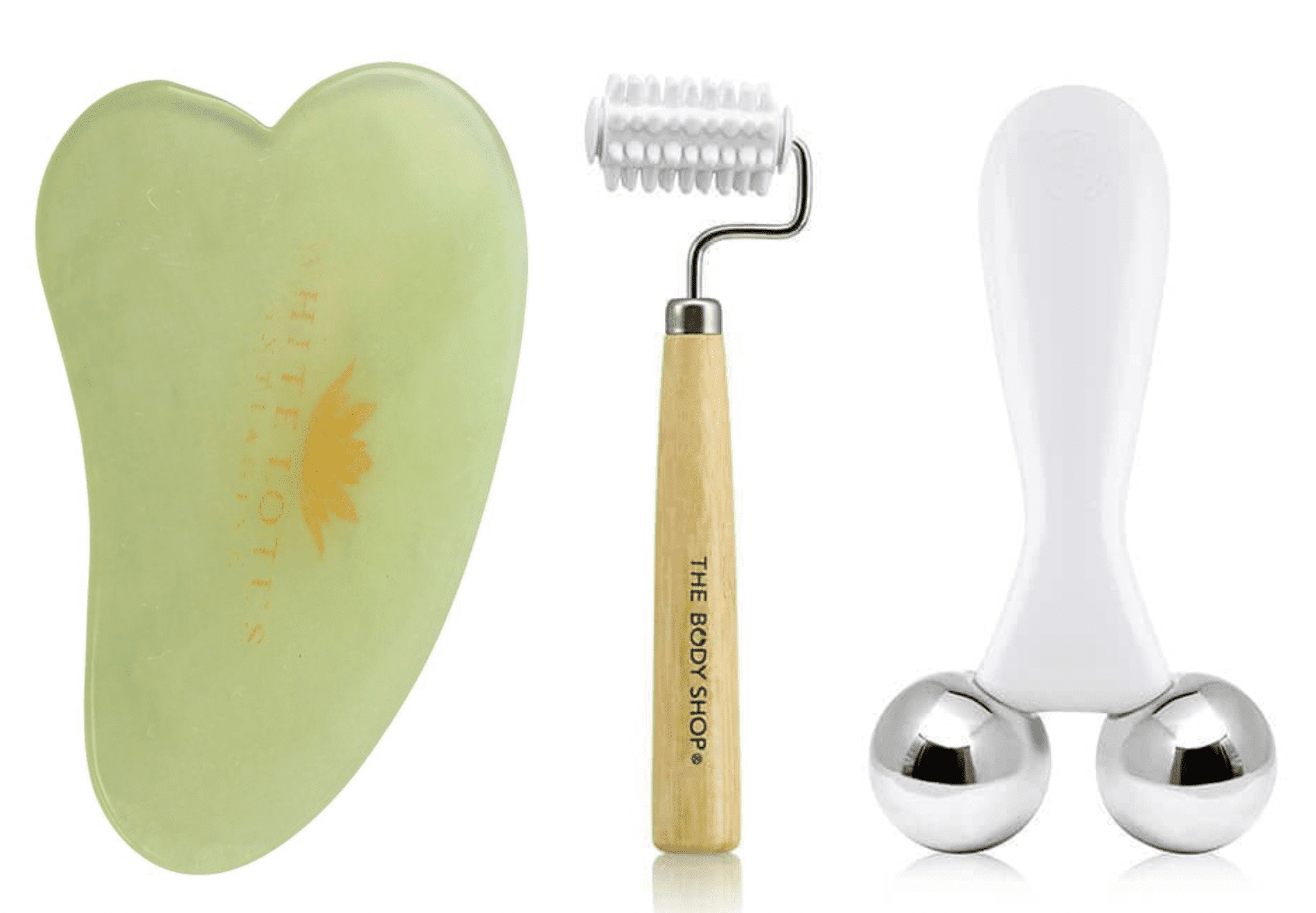How to Keep Your Melanin Glowing This Winter
WINTER IS COMING.
IN FACT, IT MAY BE HERE ALREADY. THE DAYS ARE SHORTER, MORNING DEW HAS TURNED TO FROST AND THE WIND IS BITING. CUE HOT SHOWERS, UPPING THE THERMOSTAT AND MORE LAYERS THAN YOU CAN SHAKE YOUR MITTENS AT.
ALL IN ALL, NOT THE GREATEST SEASON FOR YOUR SKIN.
Our skin is built to achieve balance in all conditions via the protective function of its physical and chemical natural barrier. However, seasonal changes can aggravate your skin due to variations in temperature and humidity.
The physical barrier is called the epidermis – the brown skin you see when you look in the mirror and it’s made up of cells and lipids (fatty substances) arranged like a physical wall in a bricks and mortar structure. Layered directly above the epidermis is a thin, acidic film composed of more lipids, water, urea, amino acids and friendly bacteria. This is called the chemical barrier. Both barrier mechanisms are intended to trap moisture and stop it escaping from the skin, whilst inhibiting the entry of unwanted irritants and microorganisms.
Winter air is dry with little humidity so it increases Trans-Epidermal Water Loss (TEWL) – the process by which moisture is lost through the layers of your skin. Some studies have shown this is process generally greater in Black skin, hence why darker skin has the tendency to appear lacklustre quite quickly.
Lack of moisture in the skin weakens the physical and chemical barrier, preventing normal functions from happening. The result of this is often sensitive, dry, flaky, tight, congested, dull, blemished and breakout-prone skin – all of the characteristics that stunt robust and radiant skin.
The Black Skin Directory Seven Step Winter Skincare Plan
So henceforth, Winter is about adopting our seven-step skin survival plan to preserve all important moisture levels, so your skin can function at an optimum level serving you radiance and health all day long.
EXFOLIATE
Black skin can look grey when there’s a build-up of dead skin cells. The skin depends on a carefully balanced water and acid environment to shed dead cells effectively. Due to the propensity for black skin to readily lose water during winter months, your skin needs a helping hand to shed stubborn skin cells.
Using exfoliating products is key to combating dull, rough and congested skin. For efficient and consistent exfoliation we recommend using chemical exfoliants with Alpha and Poly Hydroxy Acids such as glycolic acid, lactic acid or gluconolactone.
Additionally if you’ve shied away from vitamin A in the past, now is the time to welcome a gentle retinol into your skincare life. Vitamin A is a gold standard exfoliator and is highly effective in increasing cell turnover to reduce the presence of hyperpigmented, slow-moving cells.
Tip - Please remember that with vitamin A it’s best to start slow and steady to avoid irritating your skin.
BRIGHTEN
Combat dullness with topically applied skin brightening agents such as Niacinamide, Kojic Acid, Arbutin, Bakuchiol, Tranexamic Acid, Liquorice Extract and Vitamin C. Applied as serums immediately after cleansing and exfoliating they will tackle excessive melanin production and regulate the cell to cell transfer of melanin to decrease hyperpigmentation and deliver a flawless glow.
“The benefits of using Niacinamide include maintaining a normal skin barrier and helping to increase ceramide production within the skin, again fortifying that skin barrier. As well as improving skin tone and texture, Niacinamide plays a role in the transfer / regulation of melanosomes (pigment granulates) to the keratinocyte cell. Therefore it can help to regulate pigment distribution for a more even skin tone.”
— Andy Millward, BSD Professional
HYDRATE
Replenish moisture in your skin by using lightweight lotions or serums to build a comfortable blanket of moisture without an occlusive effect. Opting for thick moisturisers or slathering on facial oils and butters is often counterproductive because they form a seal on top of the skin. Whilst this prevents water loss, it also impedes the skin from attracting moisture from the environment and excreting waste and toxins. Too much oil and too little water will disrupt the skin’s surface pH, impair the barrier and leave you susceptible to skin disorders.
STIMULATE
Just like your muscles thrive under frequent workouts, your skin also benefits from being put through its paces. Using sophisticated skincare is fantastic but also manually stimulating healthy blood circulation delivers oxygen and nutrients to the skin, which are paramount to maintaining adequate hydration and also building young collagen and strengthening existing elastin.
Adding daily facial massage into your routine will warm the skin, increase blood and oxygen circulation and improve product absorption. Using your hands are fine, but if you’re into beauty tech you can include a jade roller, gua sha or suction cup which hail from traditional Chinese, Greek and Egyptian medicine and are popular right now. Each tool requires you to apply routine movements with light pressure to invigorate the skin and define facial contours.
TREAT
Professional chemical peels, laser, dermal rolling, microneedling, mesotherapy and injectables are great at providing extra stimulation for the skin to deliver hydration, firmness, clarity and radiance. Look at them as a turbo boost for your home skincare regime.
These treatments induce skin health improvements through controlled wounding, so ensure your practitioner is experienced in treating darker skin tones in order to minimise any post treatment inflammation and hyperpigmentation.
“Alternating between the Guinot Hydra Peeling and Hydraderm Cellular Energy (HCE) facials is highly suited to darker skin tones. This combination of treatments contains ingredients such as Hyaluronic Acid, Vitamin C and Melanoxyl which are further channelled into the skin with the use of low-frequency electrotherapy to stimulate the skin and increase ingredient penetration. Your skin will benefit from deep exfoliation, intense rehydration and improved radiance.”
— Keira Francis, BSD Professional
NOURISH
Whilst it may be comforting to eat heavy winter based meals, your skins health and radiance depends of a balanced diet. A daily intake of colourful fruits, vegetables, good quality fats, protein and carbohydrates will feed your skin internally with key vitamins and nutrients.
It’s also a national recommendation that people with dark skin take a daily 10 microgram Vitamin D supplement.
PROTECT
We cannot stress enough how necessary it is to apply sun protection all year round, even on cloudy days. Pigmentation issues and dullness, which looks worse on winter battered skin, can be kept at bay by using a minimum SPF30 broad-spectrum UVA/UVB sunscreen.
Regardless of season, the fact is that the health, feel and appearance of your skin are determined by the measures you take to preserve its protective barriers. Incorporating all or some of the BSD Seven Step Winter Skincare Plan will help you beat the forecasted mercury drop and whipping winds.




